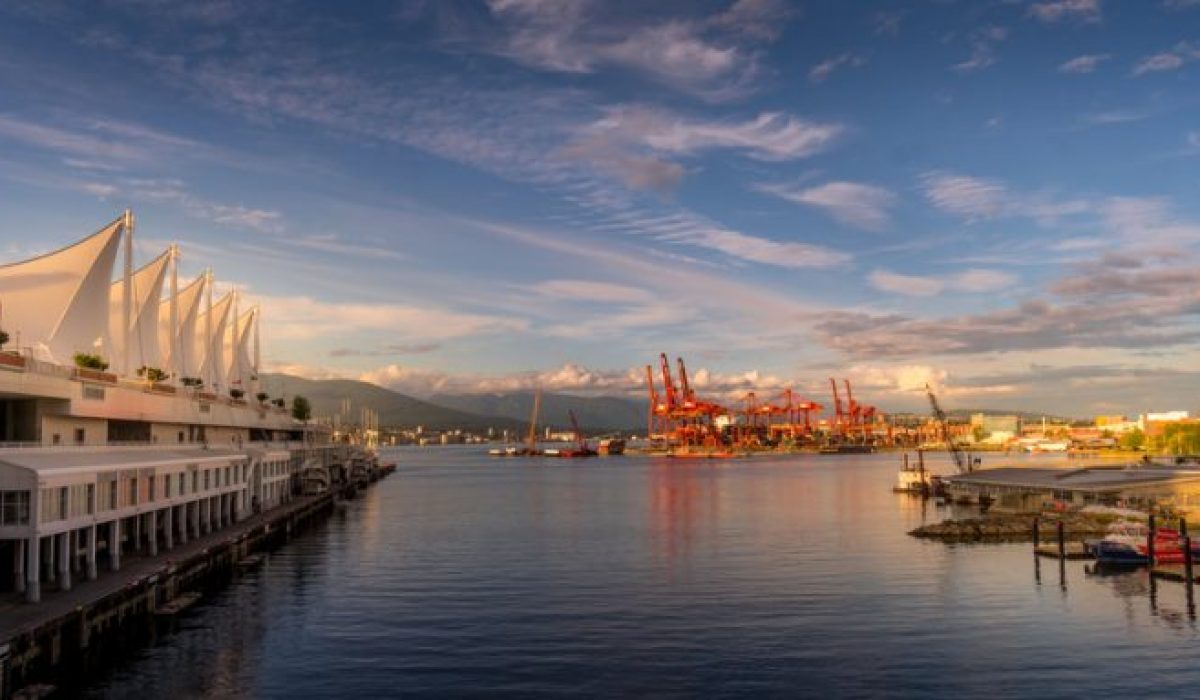Disruption continues across Canadian ports as rail embargoes are announced – and with no end in sight, carriers must weigh up whether their ships wait at anchorage or turn around.
The union representing longshoremen at the port of Montreal, CUPE 375, began an indefinite strike on 31 October over its contract dispute with the Maritime Employers Association, affecting container terminals operated by Termont and with no indication of when it might end.
Yesterday at 7am, Montreal Gateway Terminal’s (MGT) rail operations at both Cast and Racine facilities were suspended “until further notice”, due to “operational constraints and uncertainty”.
As a result, Canadian National will suspend and remove all capacity at its inland terminals for exports destined for Cast and Racine.
But despite the closure of rail lanes from the US to Montreal, truck gates will remain open.
For exports from Montreal, Hapag Lloyd has paused detention and demurrage (D&D) charges. However, as MGT’s truck gate remains open, the carrier told customers import D&D charges would still apply, though demurrage charges for import shipments related to Termont would be paused.
Port of Montreal said container handling operations were “experiencing a major slowdown”, while according to the eeSea database, there are currently four vessels waiting at anchorage and one at berth.
“These activities require only 45 longshore workers to complete the tasks on the docks, since volumes have dropped significantly,” said the port.
“The longshore workers’ multiple strikes… affect not only operations, but also, more importantly, public safety and the entire Québec and Canadian economy, by depriving thousands of businesses and consumers of essential goods,” it added.
Meanwhile, on the Canadian west coast, the Longshore Workers Union (ILWU514) began a strike on Monday at 8am, impacting all container terminals in Vancouver and Prince Rupert ports, as well as shutting down vessel, rail and truck operations.
As a result, a British Columbia Maritime Employers Association (BCMEA) coastwide lockout will also remain in effect until further notice.
Hapag-Lloyd told customers that during the strike, vessels would be held off-berth. It said it “will collaborate with [its] partners to explore possible alternatives”.
According to eeSea, there are four vessels waiting outside the port of Vancouver, but none in the port.As there is no timeframe for when the situation may be resolved, carriers face the tough decision to wait, re-route or turn back.
MV Corneille, deployed on THE Alliance’s PN1 service, was due to arrive at Vancouver on 15 October, but is behind schedule by some 23 days. It was then forecast to arrive in Vancouver tomorrow, but according to Hapag-Lloyd, has “performed a cut and run” and is now routing back to Tokyo.
The 8,600 teu CMA CGM Orfeo is due to arrive at the port tomorrow, but is now slow-steaming at seven knots. Also slow-steaming, perhaps in hope of a strike resolution before arrival, the 4,200 teu ESL Nhava Sheva, deployed on the Ocean Alliance PNW2 service, is sailing towards Vancouver at a speed of just three knots.
Maersk said that, for the 2M alliance’s TP1/Maple service, the Marcos V would wait anchor at Vancouver until a resolution was reached, with the same tactic deployed for the San Felipe, waiting at Prince Rupert.
Railroad Canadian Pacific Kansas City (CPKC) said export loads and pre-billed empties destined for the port of Vancouver would not be accepted, but non-billed marine empties were still being accepted.
Canadian National Railway (CN) has suspended all international intermodal capacity at its inland terminals, including CSX & NS interchange traffic from Ohio Valley, for exports destined for Prince Rupert, Roberts Bank, Centerm, Vanterm and Fraser Surrey Docks.
“This will help with a safe and orderly shutdown of trains destined for British Columbia ports,” it said.
For exports, Maersk and Hapag Lloyd have paused D&D charges. The carriers also paused import demurrage charges, but said “import detention charges will continue to apply, as return options remain available in Vancouver”.


